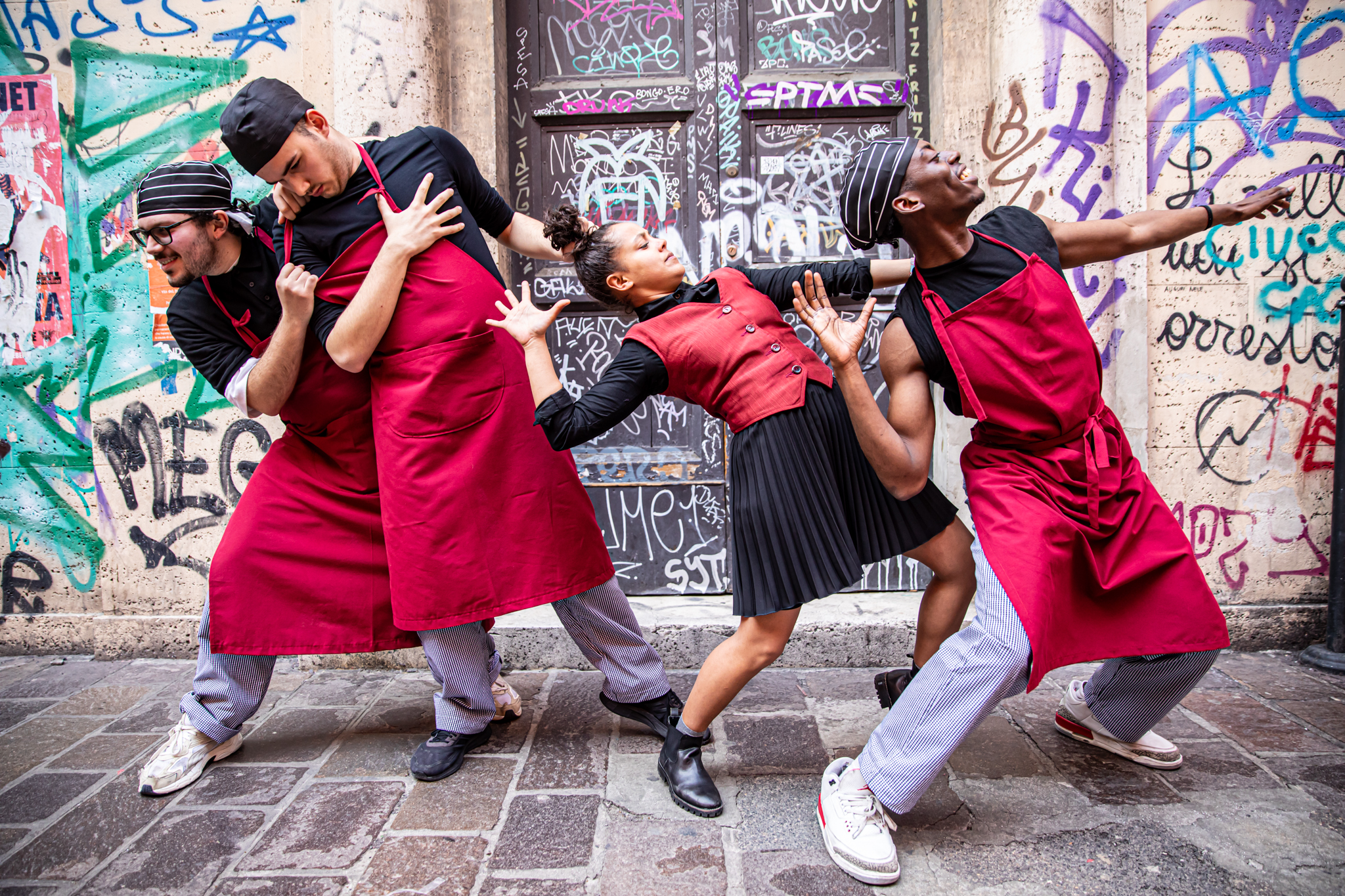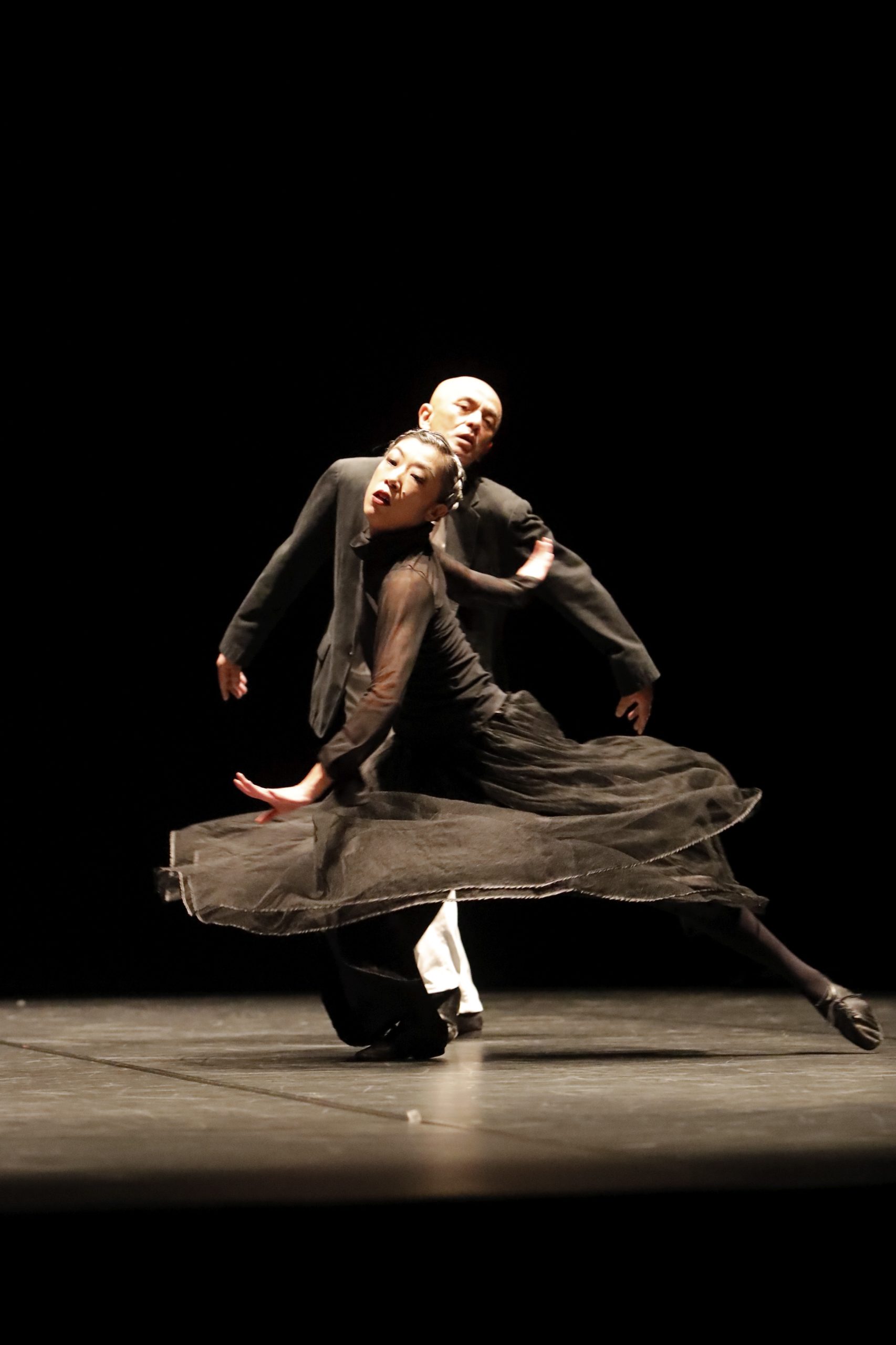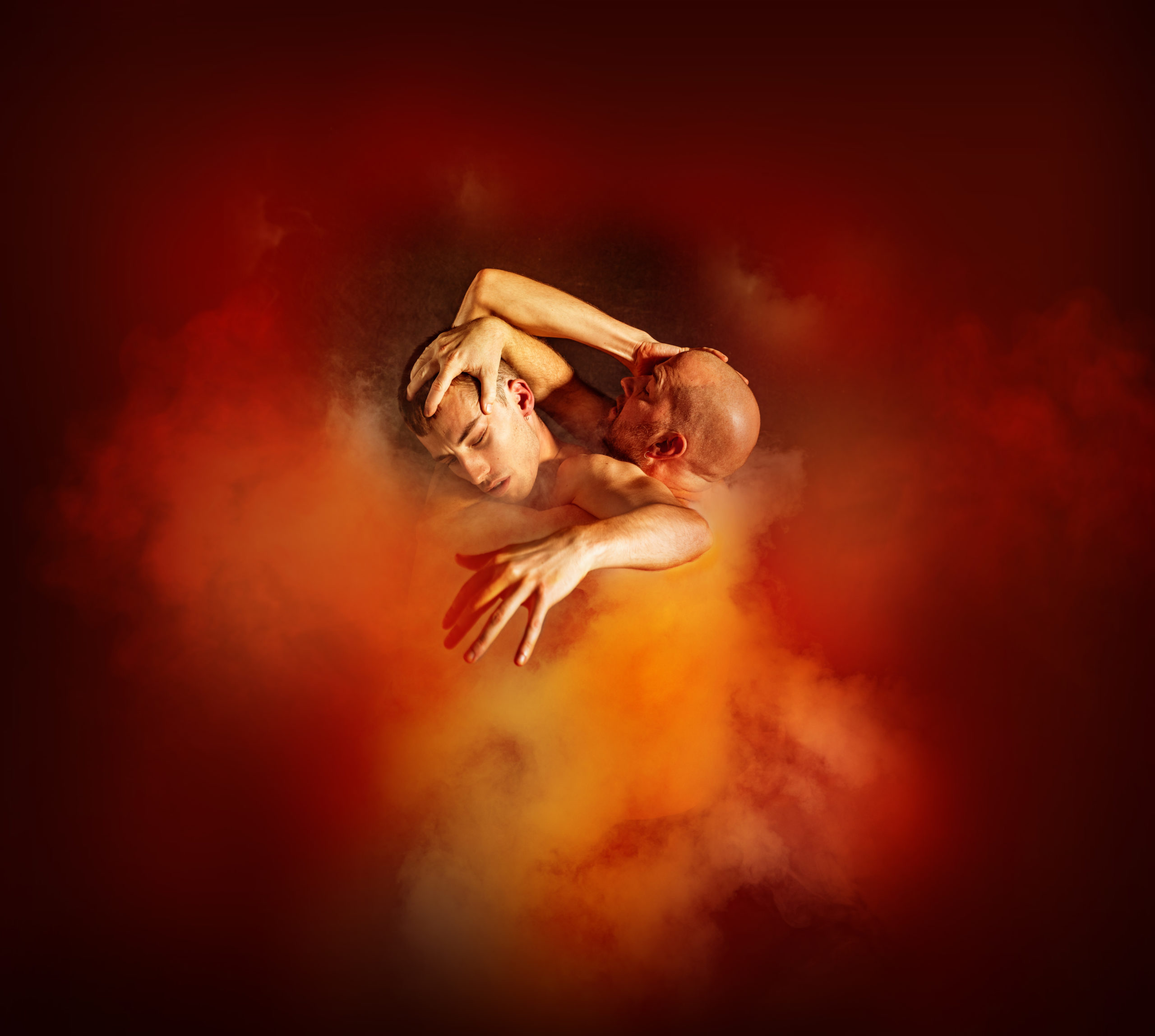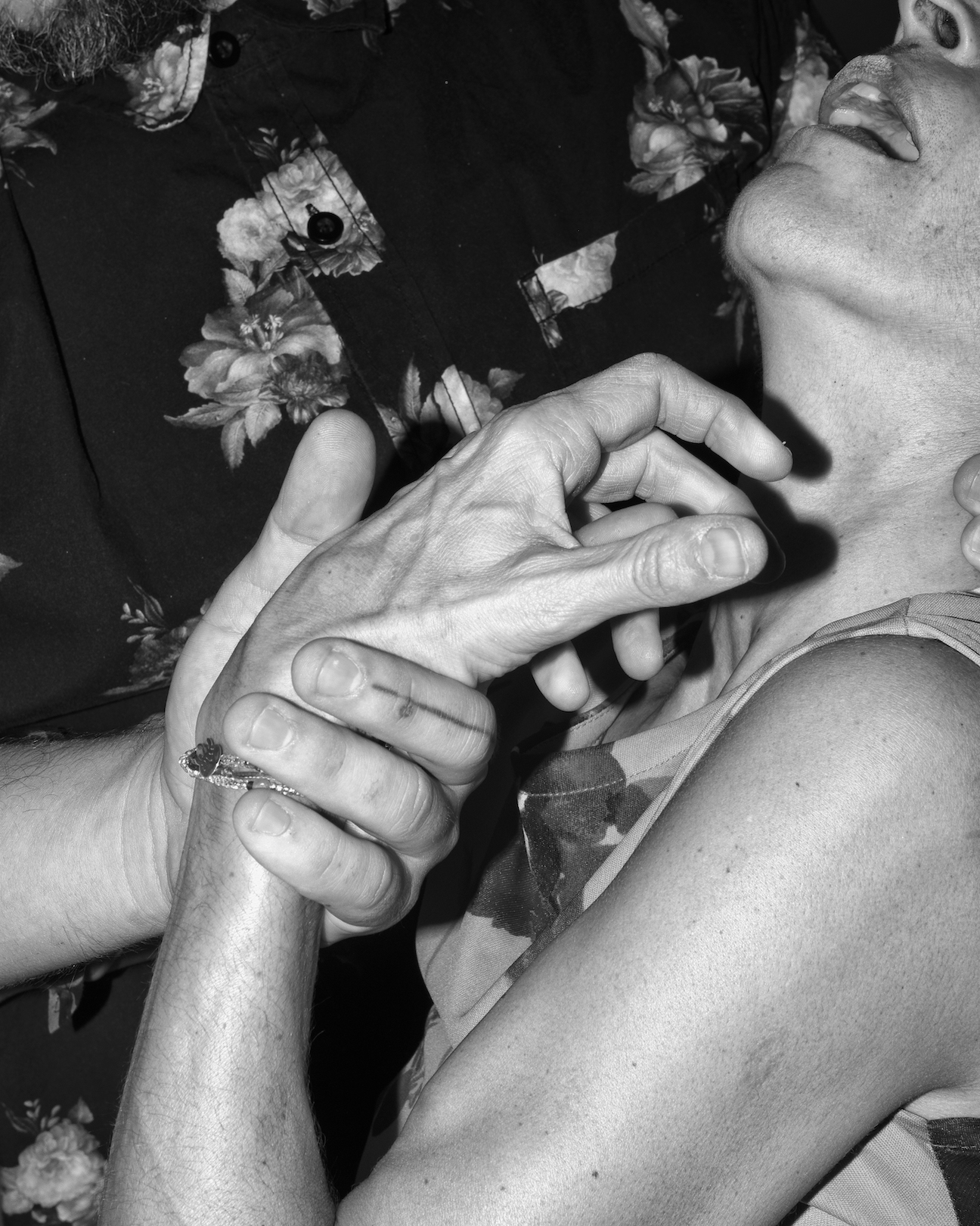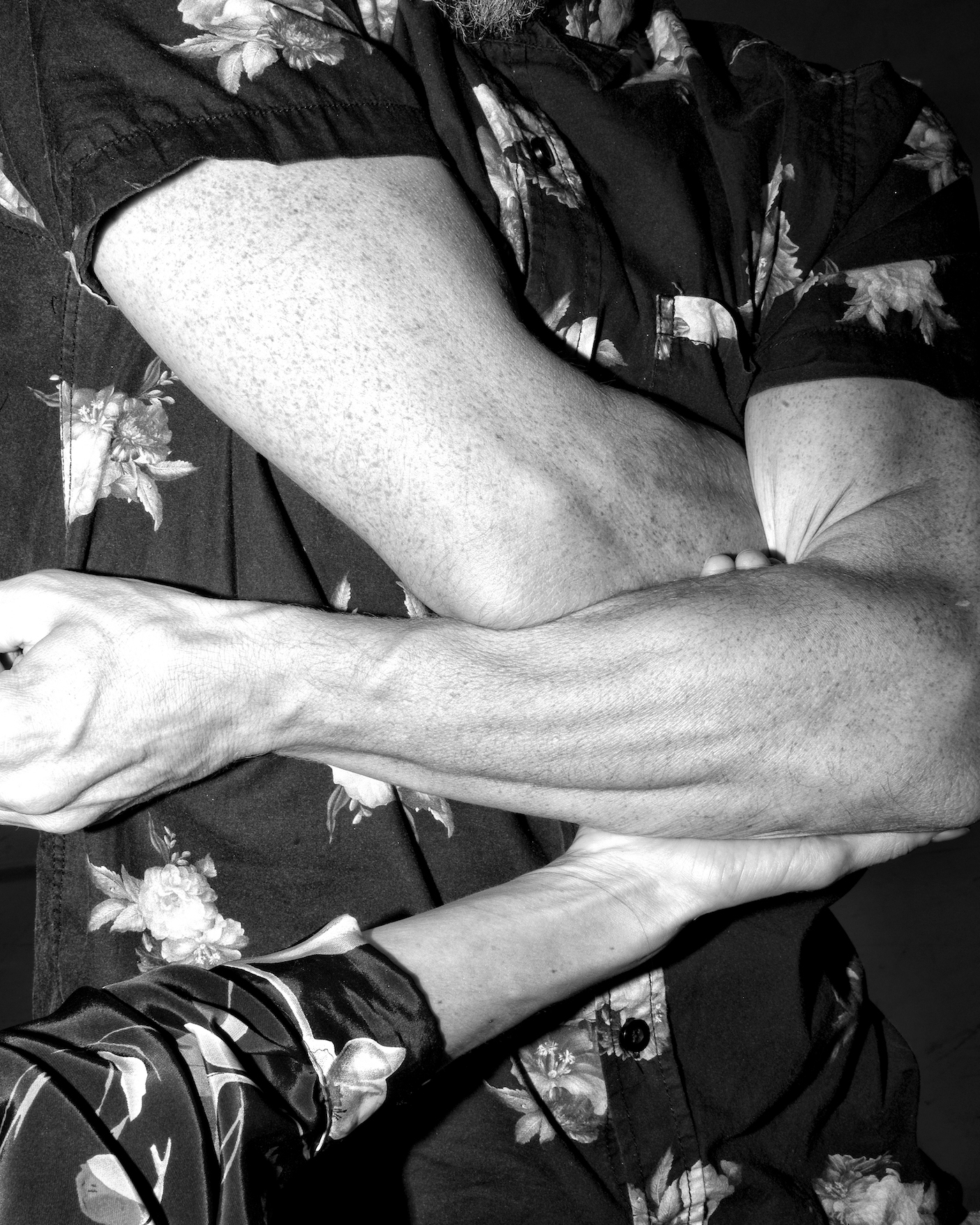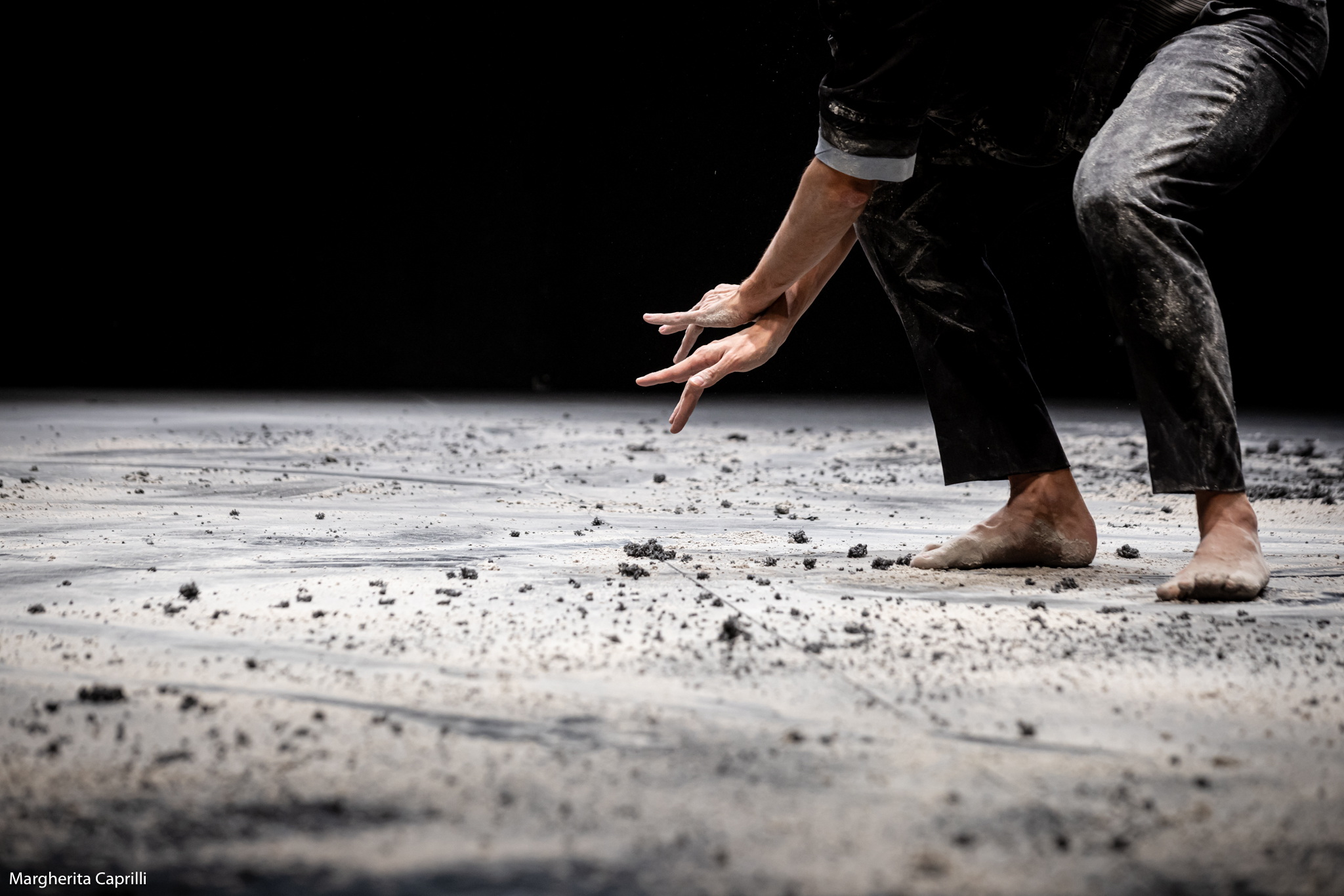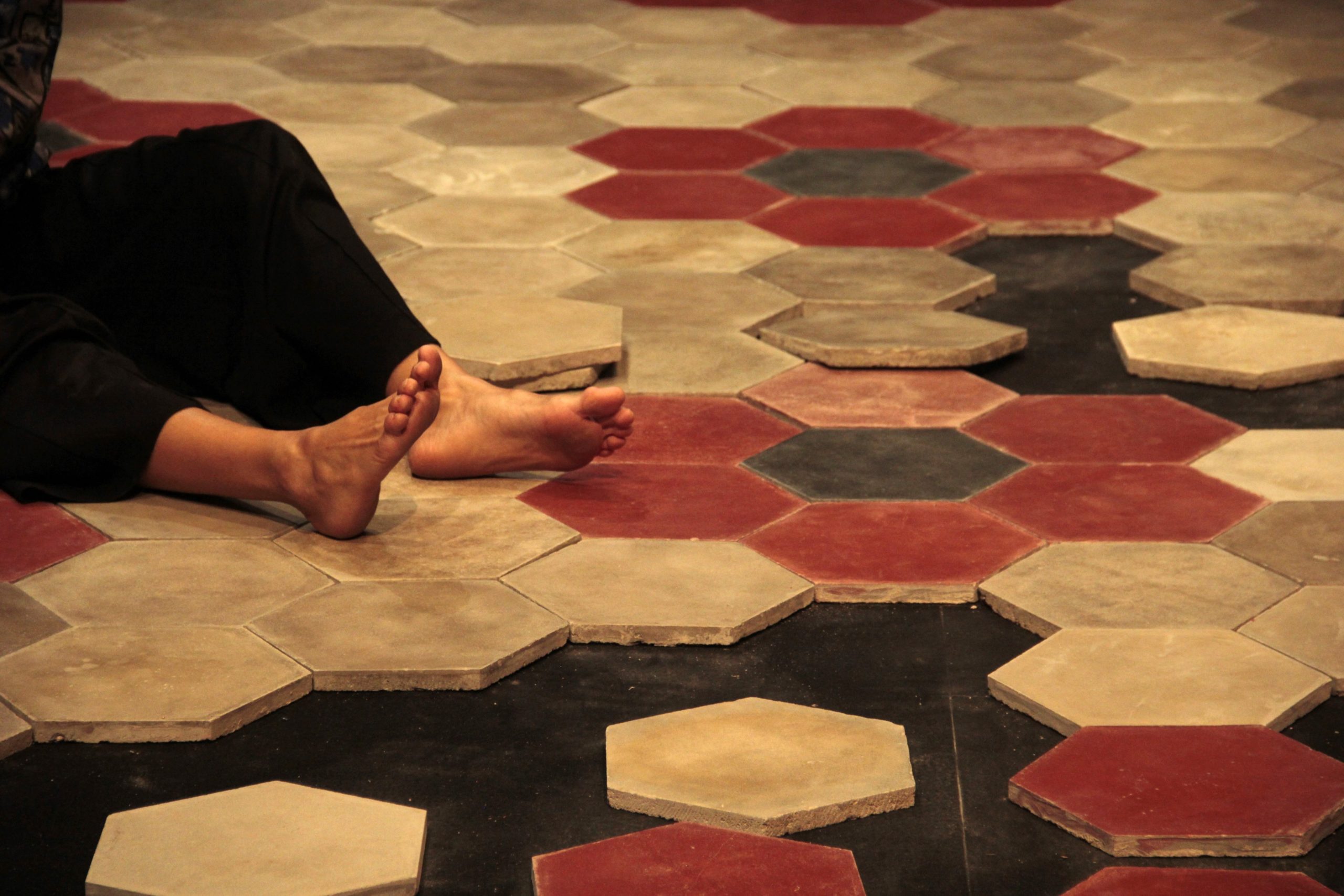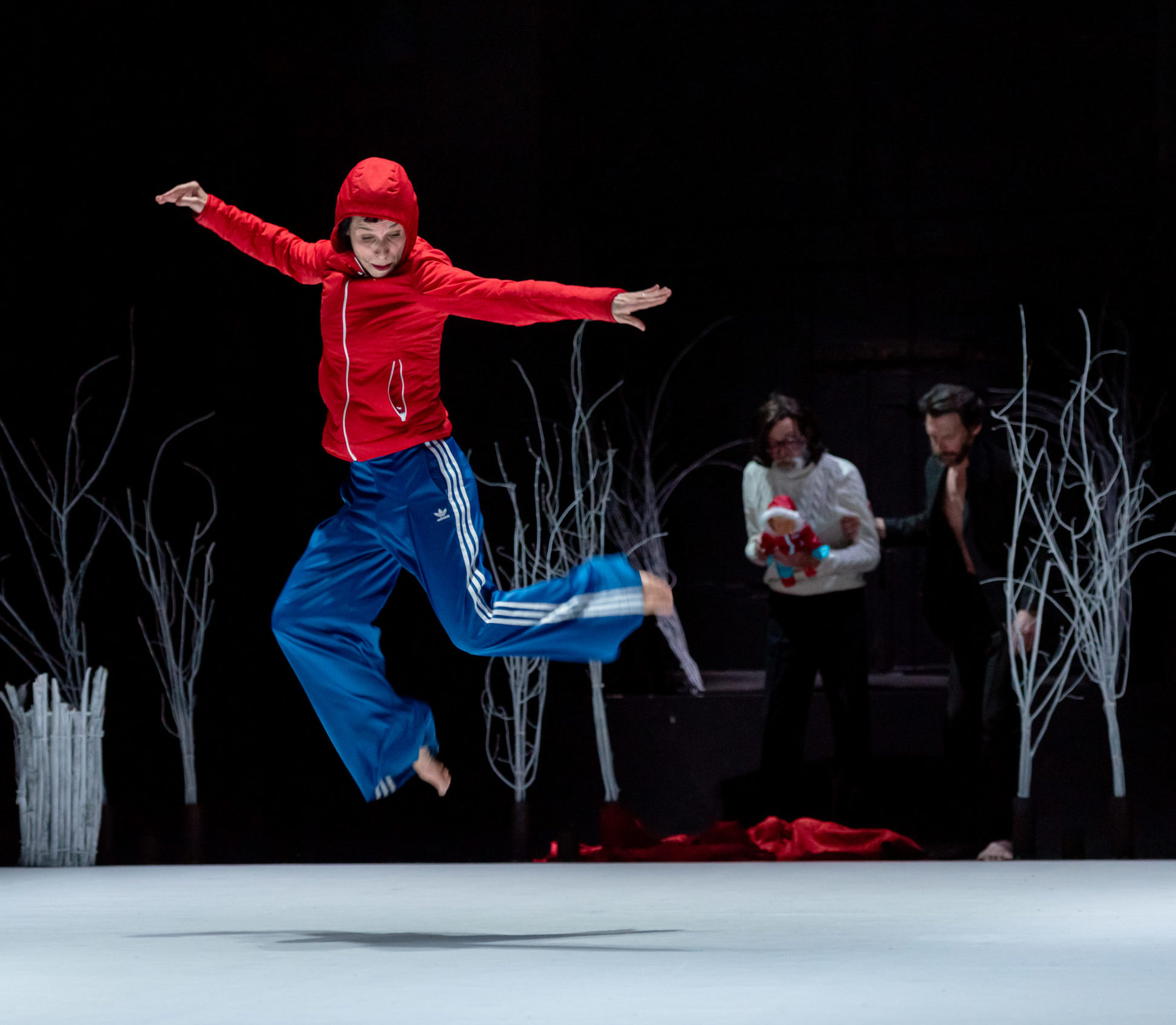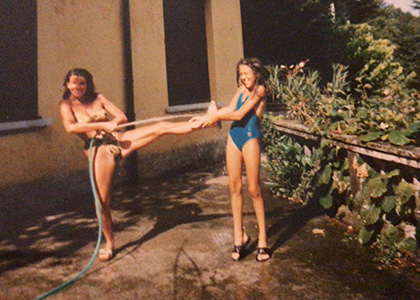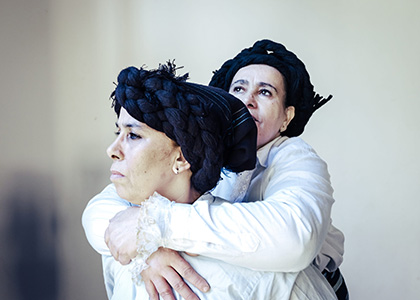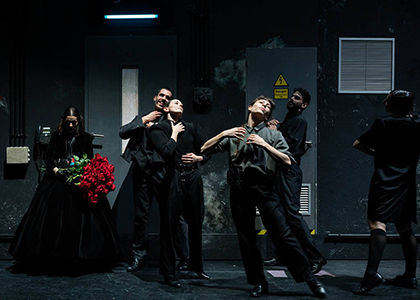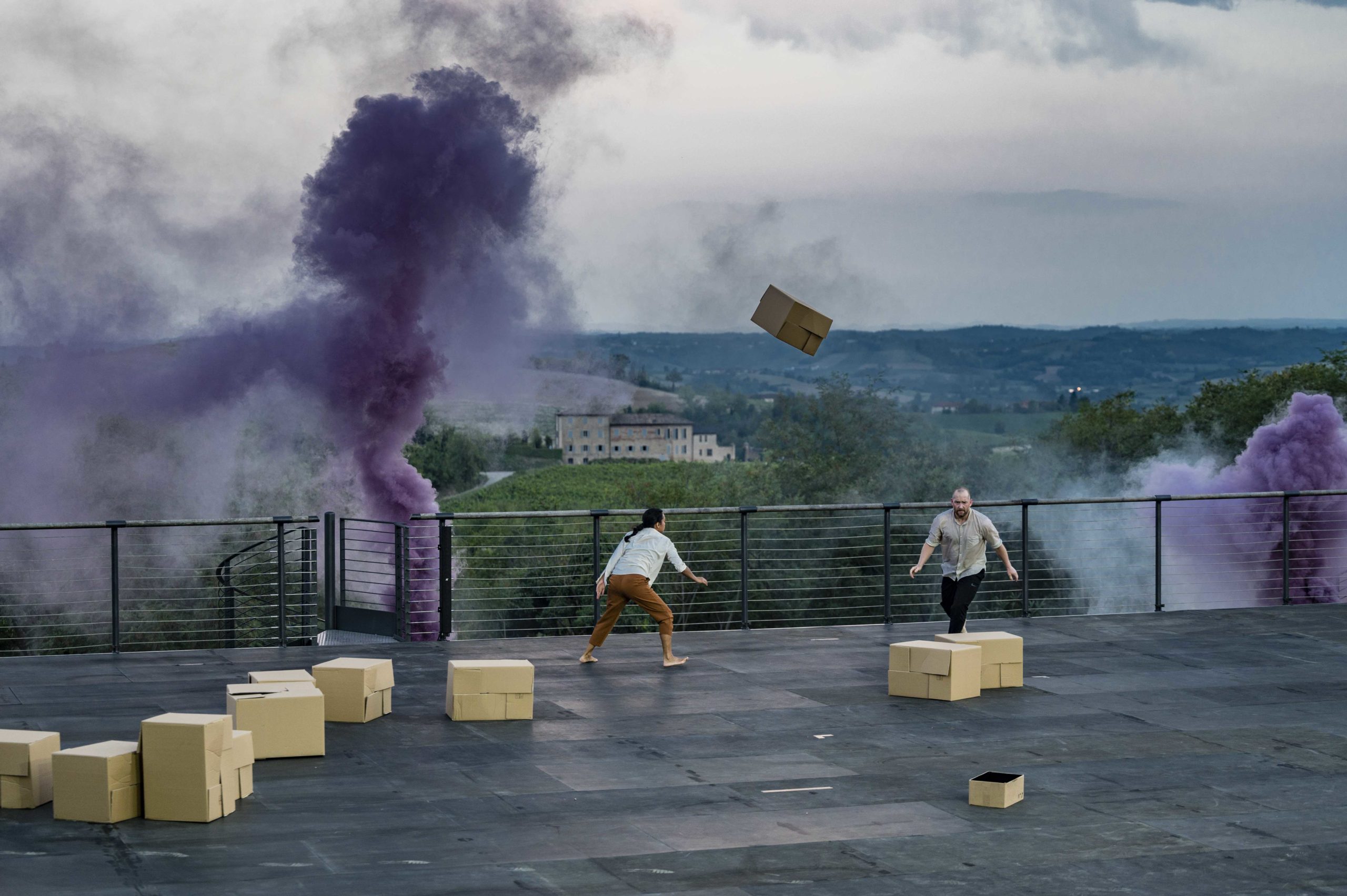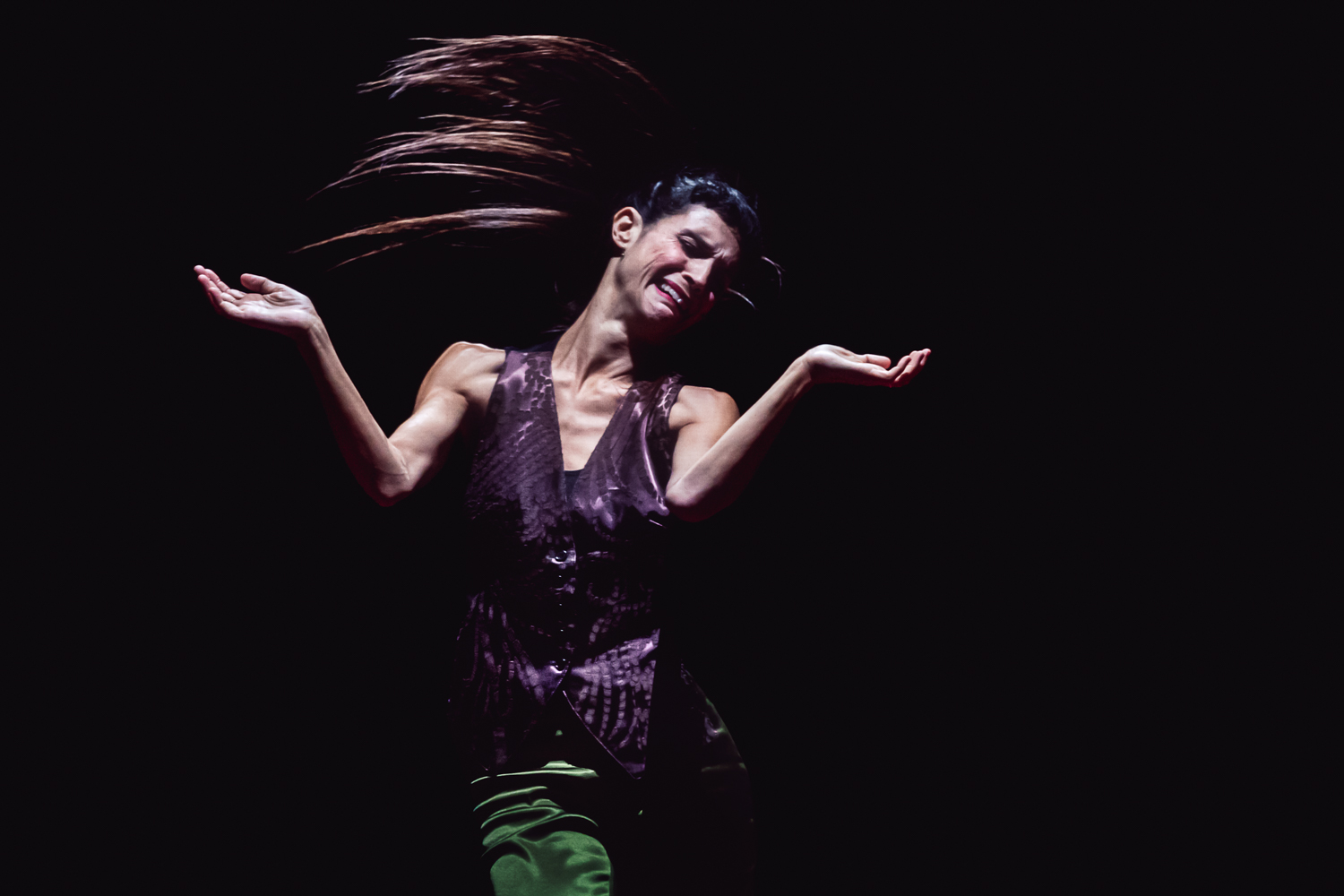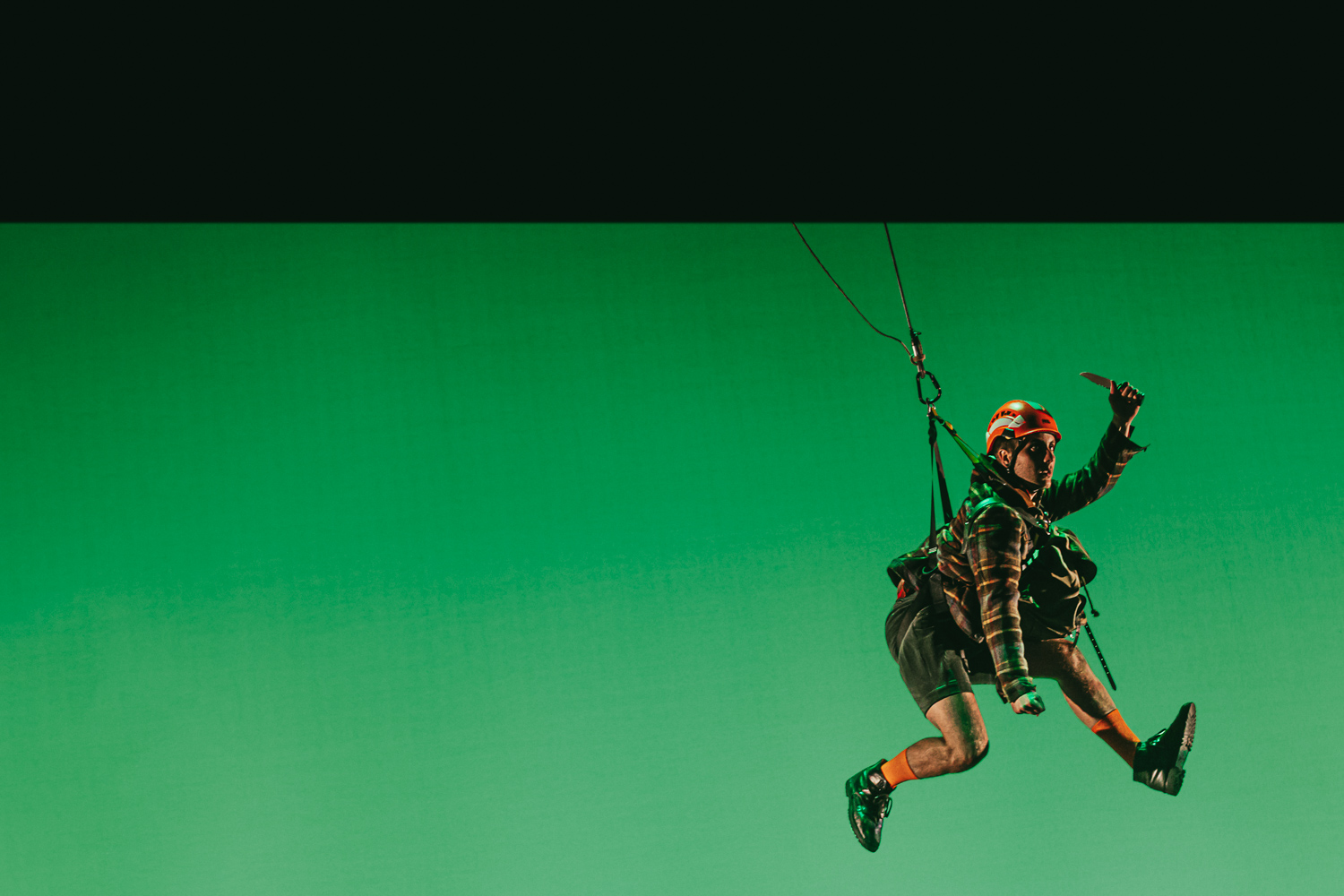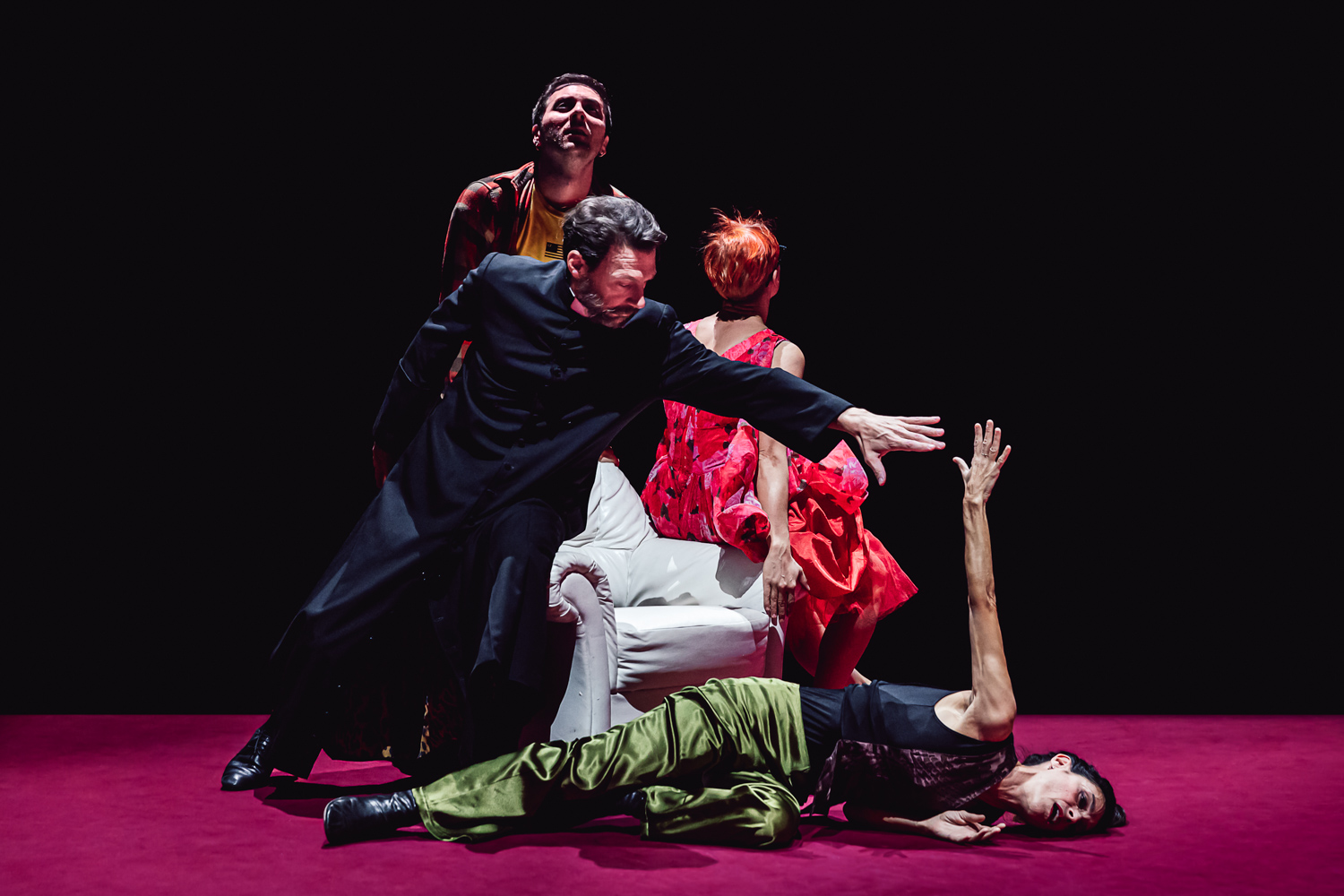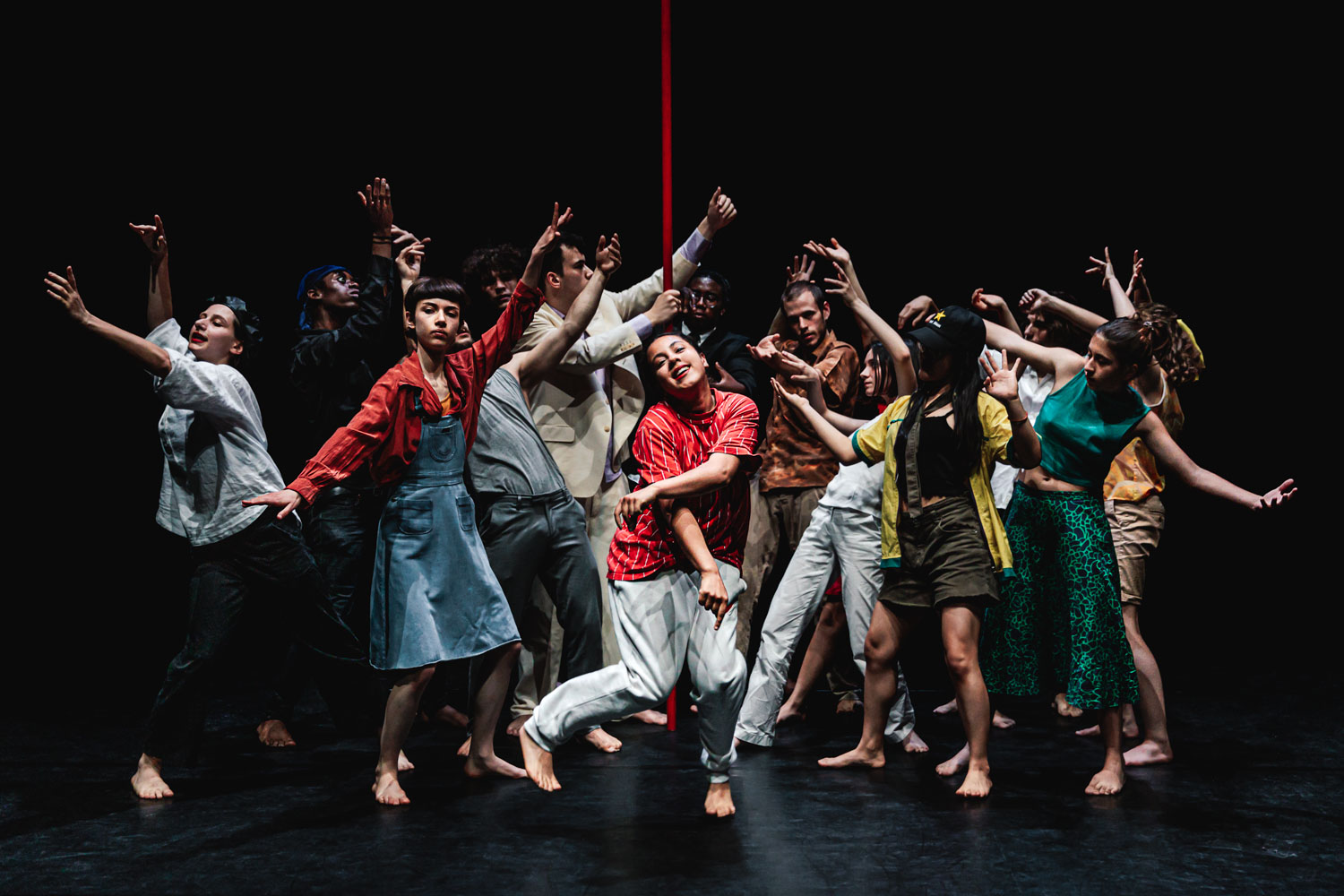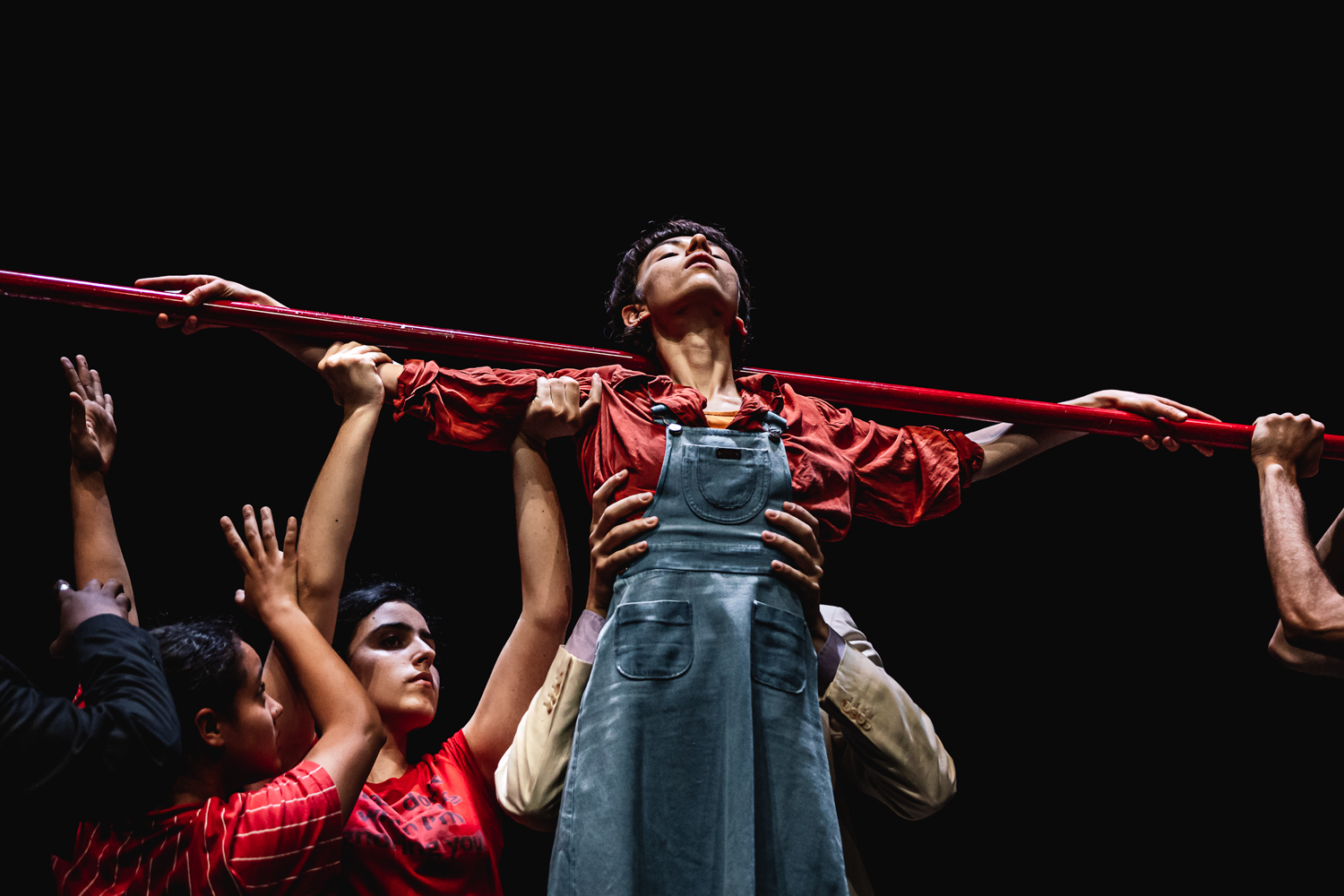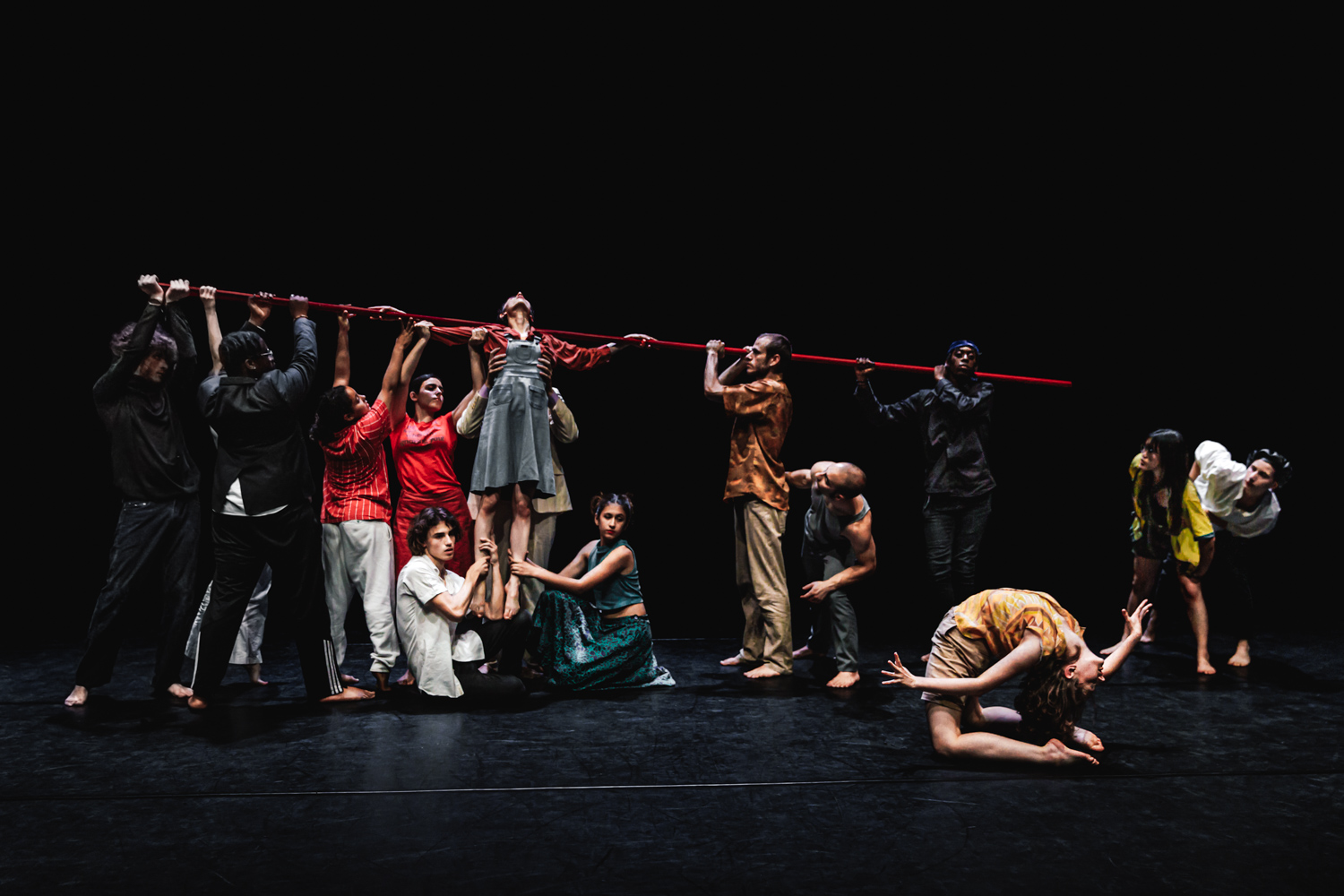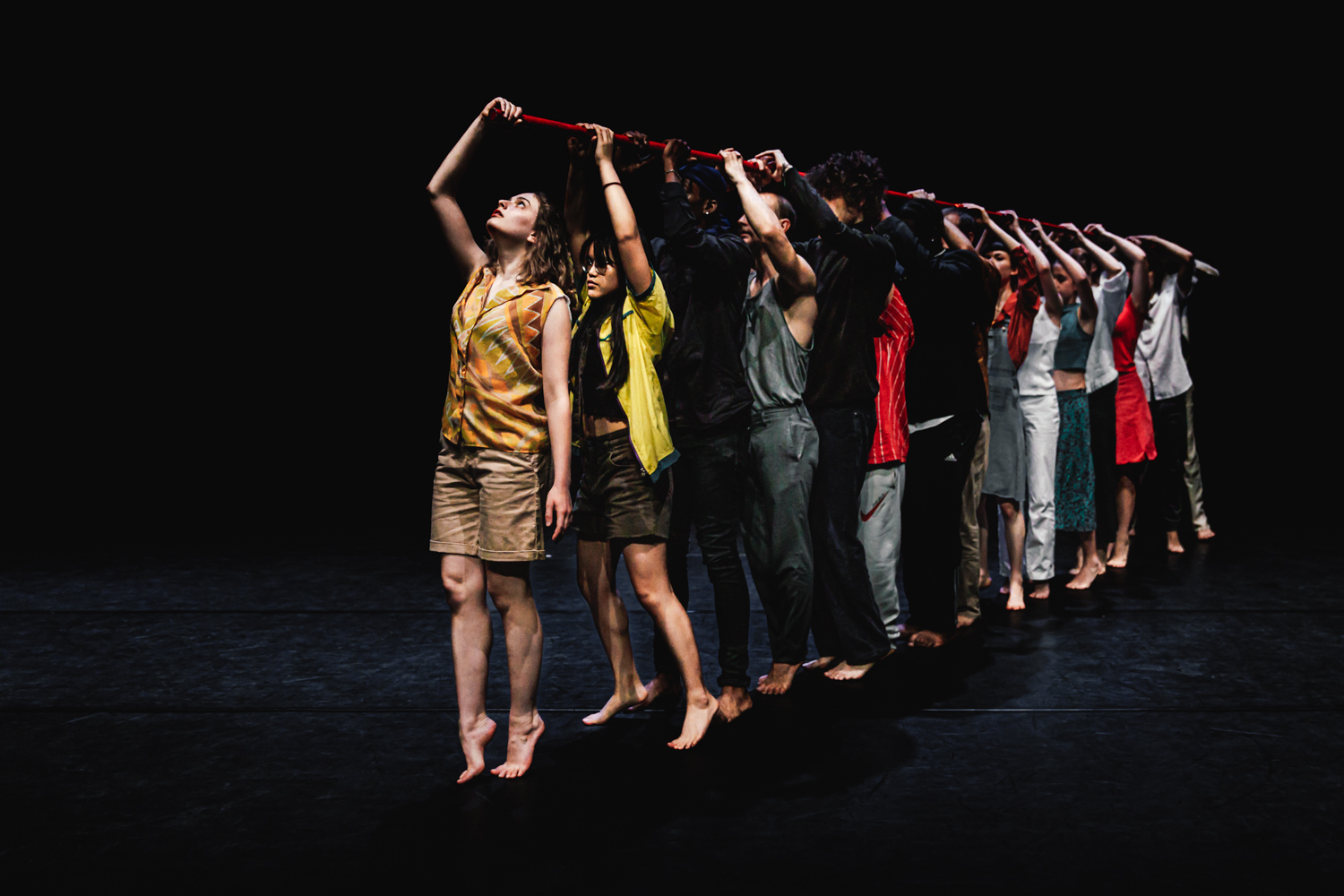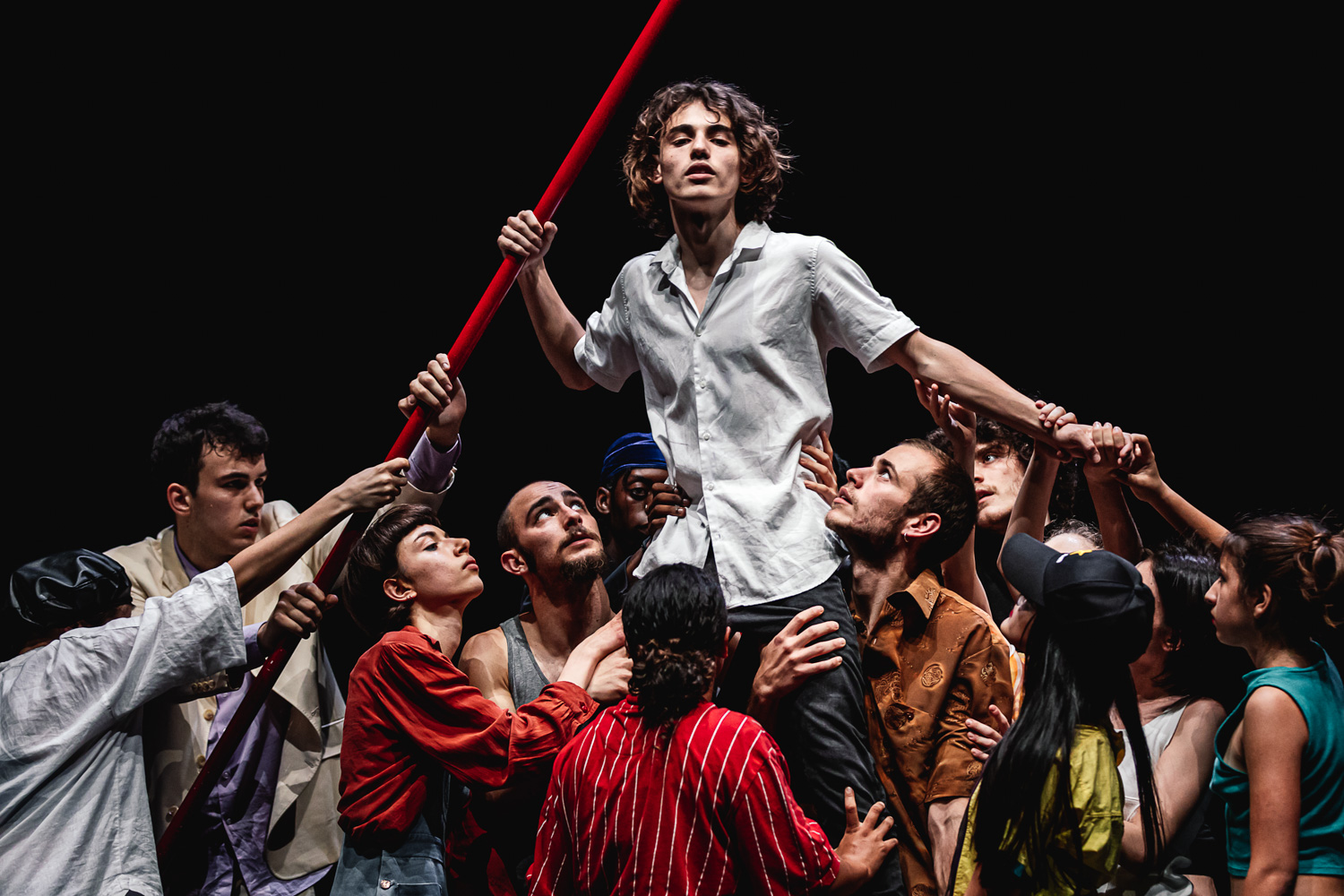Carne (Flesh) is the focus on the body and physical dramaturgy curated by the choreographer Michela Lucenti, which accompanies the entire ERT season in Modena, Bologna, Cesena, highlighting the weight and value of physicality.
It’s a journey through that creativity that ranges from the spectacle as a collector and hybrid container of languages to pure choreography, from dance-theatre to performance, from slam poetry to the theatre of diversity, right up to the body understood and proposed as music or as a pictorial gesture.
Carne is a title manifesto, a call to root human thought in the presence and awareness of the weight and value of physicality.
The aim is to bring to light the interweaving of the complexities with which to measure oneself in real, concrete, fighting bodies, alone, together, traveling, and falling, to discover revealed intimacies, moods, senses, and behaviors.
Bodies, in their strength and weakness, mirror the enigmas of human flesh.
«Carne is a focus on the body and physical dramaturgy which develops and deepens an idea of accompaniment and study by going through the different moments of the dense programming of ERT, from the ordinary season to the summer one, from the shows to the laboratory activities dedicated to young people and schools.
What interests me is to give continuity, abandoning that univocal perspective that aims exclusively at a single major event or that aims to favor choreographers and choreographers already known to the most, coming rather imagine new forms of an encounter between artists and the public.
Carne’s program brings together a constellation of experiences united by the fact that the score that is created during the show is composed of actions and movements: its study and its genesis, that is, find the point of origin in the body. “Body”: an urgent and unstoppable entity, capable of unhinging the limits of language.
Dance always suffers the prejudice according to which it would be something mystical, ethereal, or abstract, while by its nature and history it is very close to protest, to Agit-prop, because it embodies the idea that the body is the raw material that unites. The challenge is to be able to accompany, in a “soft” way, even an audience more accustomed to a theatrical vision based on prose towards a physical language, towards a more immediate and direct theater that does not present dance as something extremely obscure or as an art form captive of an aesthetic dimension.
When we talk about freedom with young people, about a dance that arises spontaneously, for example, in a city park in the middle of a suburb, we need to make them aware that they are not just having fun, but that those hours of dancing are a political act: at that moment they are more “alive” than in the rest of the day».
Michela Lucenti





